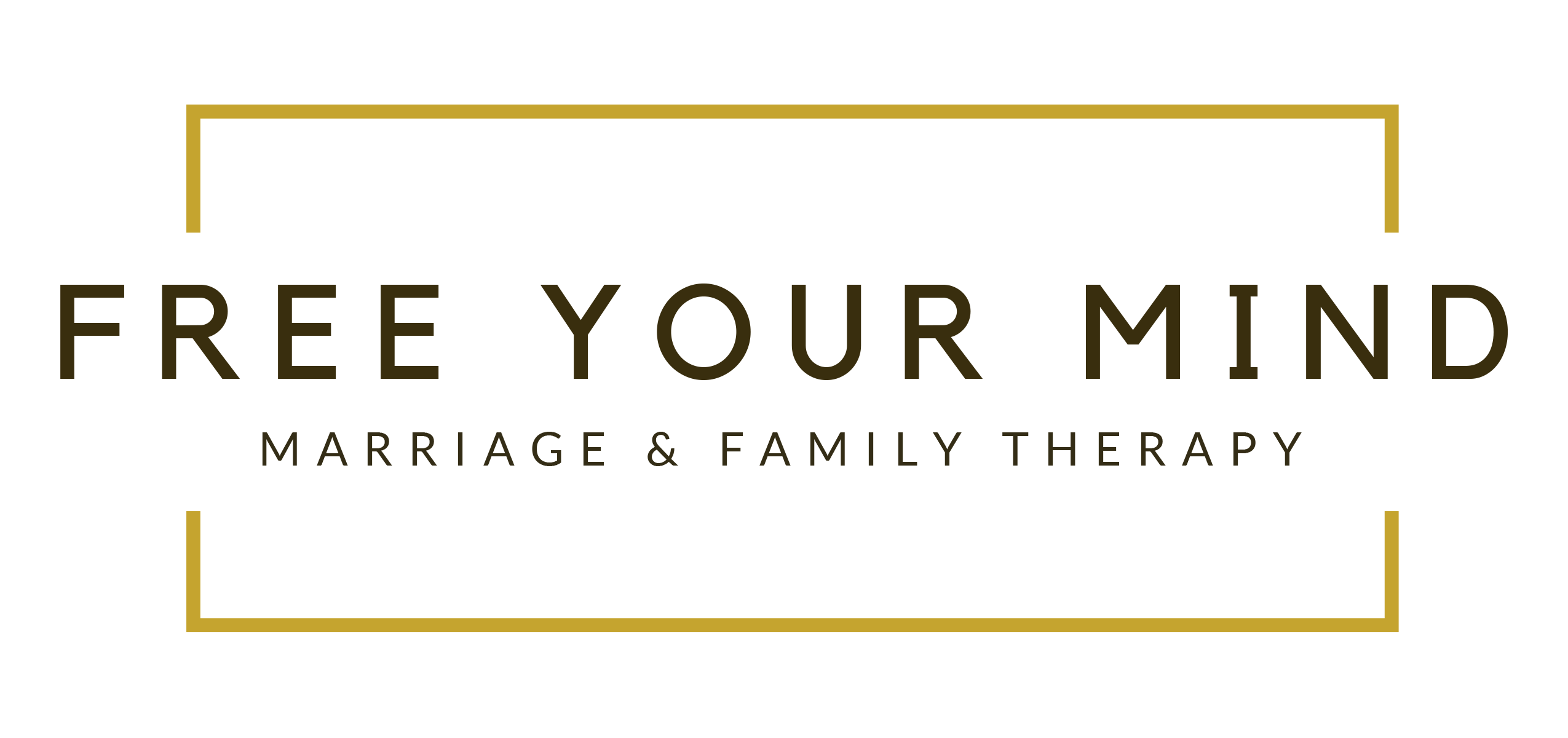Our therapists use a variety of evidenced-based therapeutic modalities. The decision to use a specific modality and its interventions are dependent on the symptoms, problem areas, and impairments brought forth by each patient. Below are some commonly used approaches.



Acceptance and Commitment Therapy (ACT)
- Uses mindfulness to challenge negative thoughts and feelings.
- Teaches one to accept their reactions, stay present, and make choices that will aid them to take action.
- Effective in treatment of mood disorders (depression, anxiety, social anxiety).

Art Therapy

- Using various mediums to express one’s feelings, thoughts, and emotions through visual expression.
- Particularly helpful in working with children and adolescents.
Attachment Therapy
Explores the attachment patterns one has to their primary caregivers as a child in order to understand and work through different thoughts and feelings that currently arise. Effective in helping those who have unresolved interpersonal conflicts or those who have experienced early life trauma.



Behavioral Therapy
- Helping patients understand past and current behaviors, as well as finding ways to unlearn past negative behaviors.
Brief Psychotherapy
- Short term, very specific therapeutic approach aimed to address a specific problem brought forth in therapy by the patient.
Client-Centered Therapy
- The therapist provides guidance and self-acceptance while the patient plays a more active role in working through their problems in therapy.

Cognitive Behavioral Therapy (CBT)

- The therapist supports the patient in identifying their thoughts and beliefs in order to change their behaviors.
Compassion-Focused Therapy (CFT)
- The therapy aims to teach the patient to see their experiences and problems from a compassionate view.
- Effective when helping patients who are critical of themselves and may experience shame.

Dialectical Behavioral Therapy (DBT)

- Their theory assists one in learning how to understand and regulate their emotions with the use of mindfulness, emotion-regulation, self-awareness, and improving interpersonal communication.
- Effective in treating emotional instability, personality disorders, and anxiety.
Emotion-Focused Therapy (EFT)
- Therapist helps patients recognize their feelings and how their attachment patterns lead to having more positive interpersonal relationships.
- Effective when working with couples and patients in multicultural relationships.

Existential Therapy
- Patients are supported in exploring past experiences in their interpersonal relationships to reveal subconscious issues that may have been missed when they were first in the relationship.
- Supports in helping re-experiences challenges in past interpersonal dynamics in efforts to heal from past experiences.



Eye Movement Desensitization and Reprocessing Therapy (EMDR)
- Therapist uses bilateral stimulation with the use of controlled eye movements in order to explore past traumatic experiences in efforts to decrease negative feelings and triggers to the event.
- Effective when working with patients who have experienced significant trauma, anxiety, depression, and PTSD.
Family Systems Therapy
- This approach brings family members together to explore their areas of conflict and poor communication. The dysfunction within the family unit is identified and interventions are used to improve communication and mutual respect.
Gay, Lesbian, Bisexual Affirmative Therapy

- The aim of this therapy is to affirm the identity and experience of the patient and to address the negative influences that homophobia, transphobia, and heterosexism have on their lives.
Gestalt Therapy
- The therapist’s goal is to help the patient increase their awareness, freedom and self-direction through the use of various role-playing strategies.
- The patient gains understanding of their life by taking responsibility rather than placing blame.
- Gottman Method
- Grief Therapy
- Humanistic Therapy
- Interpersonal Therapy
- Jungian Therapy
- Motivational Interviewing
- Multicultural Therapy
- Narrative Therapy
- Object Relations Therapy
- Person-Centered Therapy
- Play Therapy
- Rogerian Therapy
- Solution-Focused Therapy
- Structural Therapy
Systematic Affair Recovery Therapy (SART)
- This therapy helps couples learn strategies to heal from the trauma of sexual and emotional affairs.


